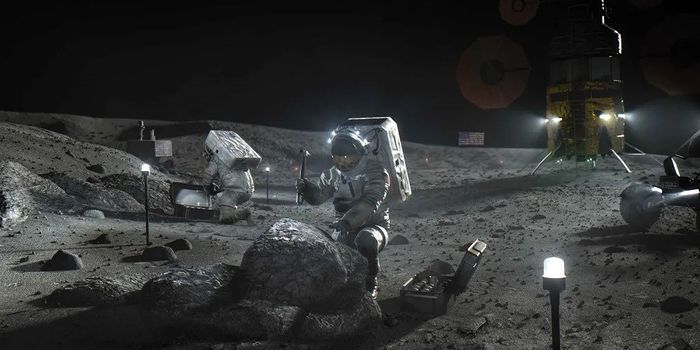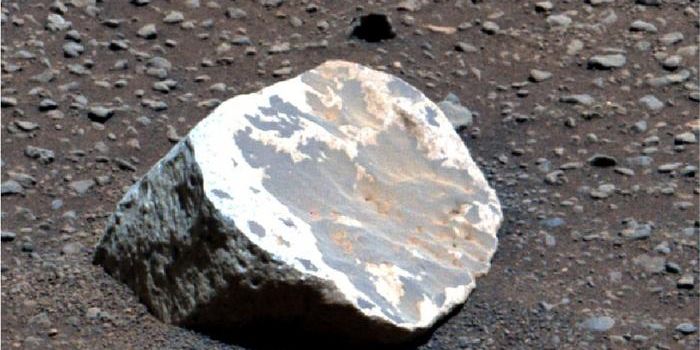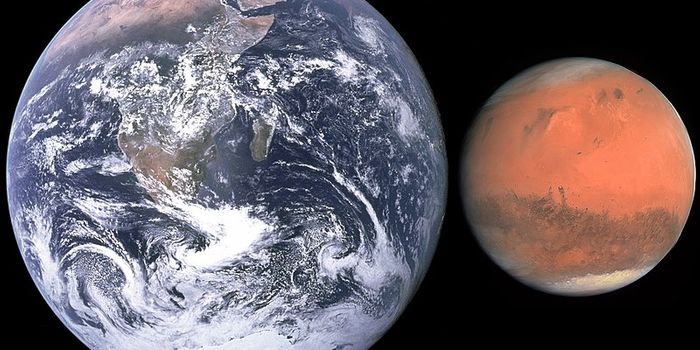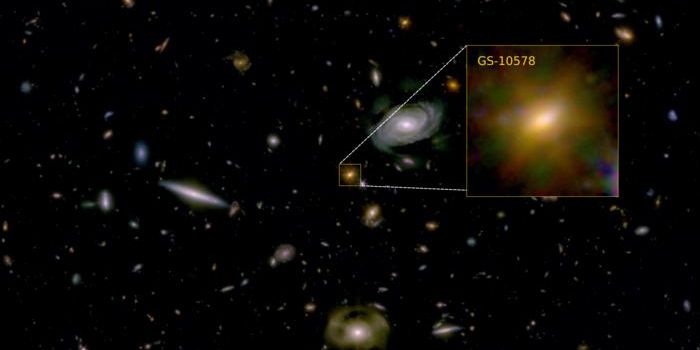Does This Nearby Exoplanet Support Life?
Astronomers have been scouring the galaxy for potentially-habitable exoplanets for years, but it’s not every day that we find one with just the right mix of circumstances.
Given the rarity of such finds, it isn’t complicated to understand why astronomers are breaking out in their happy dance after finding Ross 128 b, a potentially-habitable Earth-like exoplanet residing about 11 light years away from the solar system.
Image Credit: ESO/M. Kornmesser
The full findings, which were made possible by the European Southern Observatory's High Accuracy Radial velocity Planet Searcher (HARPS) at La Silla Observatory in Chile, have been published in the journal Astronomy & Astrophysics.
Astronomers estimate that Ross 128 b is about 1.35x more massive than Earth and around 20 times closer to its host star than the Earth is from the Sun. At such close proximity, Ross 128 b zips around its host star once every 9.9 days. It even maintains a comfortable surface temperature because the red dwarf star it orbits is naturally much cooler than stars like our Sun.
Related: Astronomers find 7 Earth-like exoplanets orbiting a nearby star
Although many red dwarf stars are volatile and exhibit extreme stellar radiation that makes most orbiting exoplanets inhabitable, astronomers say this isn’t the case with Ross 128. Its lack of intense stellar activity means that Ross 128 b sees only slightly more stellar radiation than Earth, which further supports the notion that it could be habitable.
Behind Proxima b, Ross 128 b is the second-closest temperate exoplanet to Earth and the closest-known Earth-like exoplanet orbiting a red dwarf star. Astronomers also indicate that Ross 128 is heading our way. Within as little as 79,000 years, the exoplanet it's towing around could become the closest temperate exoplanet to Earth, succeeding Proxima b for that title.
Several questions remain as of this writing, such as whether Ross 128 b resides in its host star's habitable zone and whether the exoplanet has a life-friendly atmosphere – it could be rich like the Earth's, but there's always the chance that it's sterile like Venus'.
We may not be able to answer these questions definitively for a few more years to come, but planned observations made with far more capable space observatories could shed some light. Fortunately, with the James Webb Space Telescope launching within the next couple of years, we may learn the answers to these questions sooner rather than later.
It should be interesting to learn whether Ross 128 b is everything it's hyped up to be...
Source: BBC









